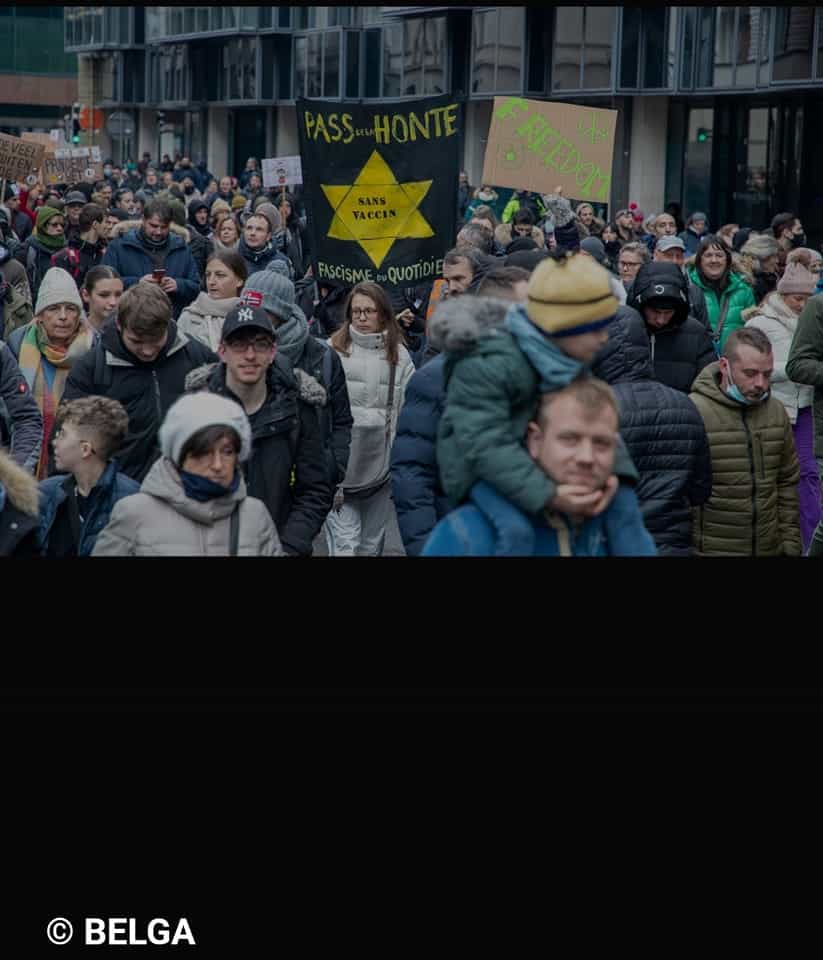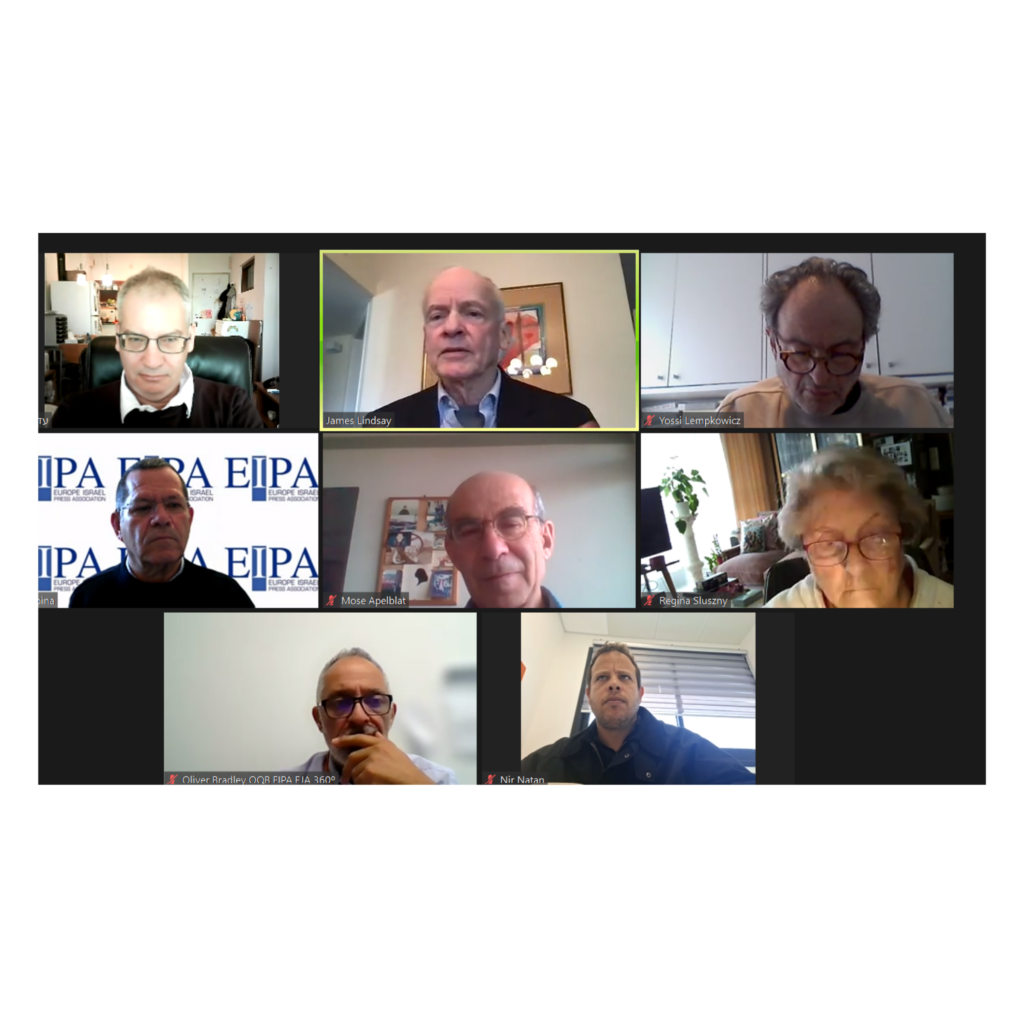This afternoon the EJA, and our partners the ECJS and Concert started our latest 3 day ‘bootcamp’ in Madrid for young activists from all over Europe. Respected Arab Israeli journalistic Khaled Abu Toameh kicked off proceedings with an engaging opening session on normalisation, followed by a lengthy q&a session and discussion for participants, later for dinner we were proud to have a visit from the president of the Madrid Jewish community, Mrs Estrella Bengio who welcomed us warmly to her city and gave us all a great motivational speech about all working together for the betterment of European Jewry and the state of Israel.














